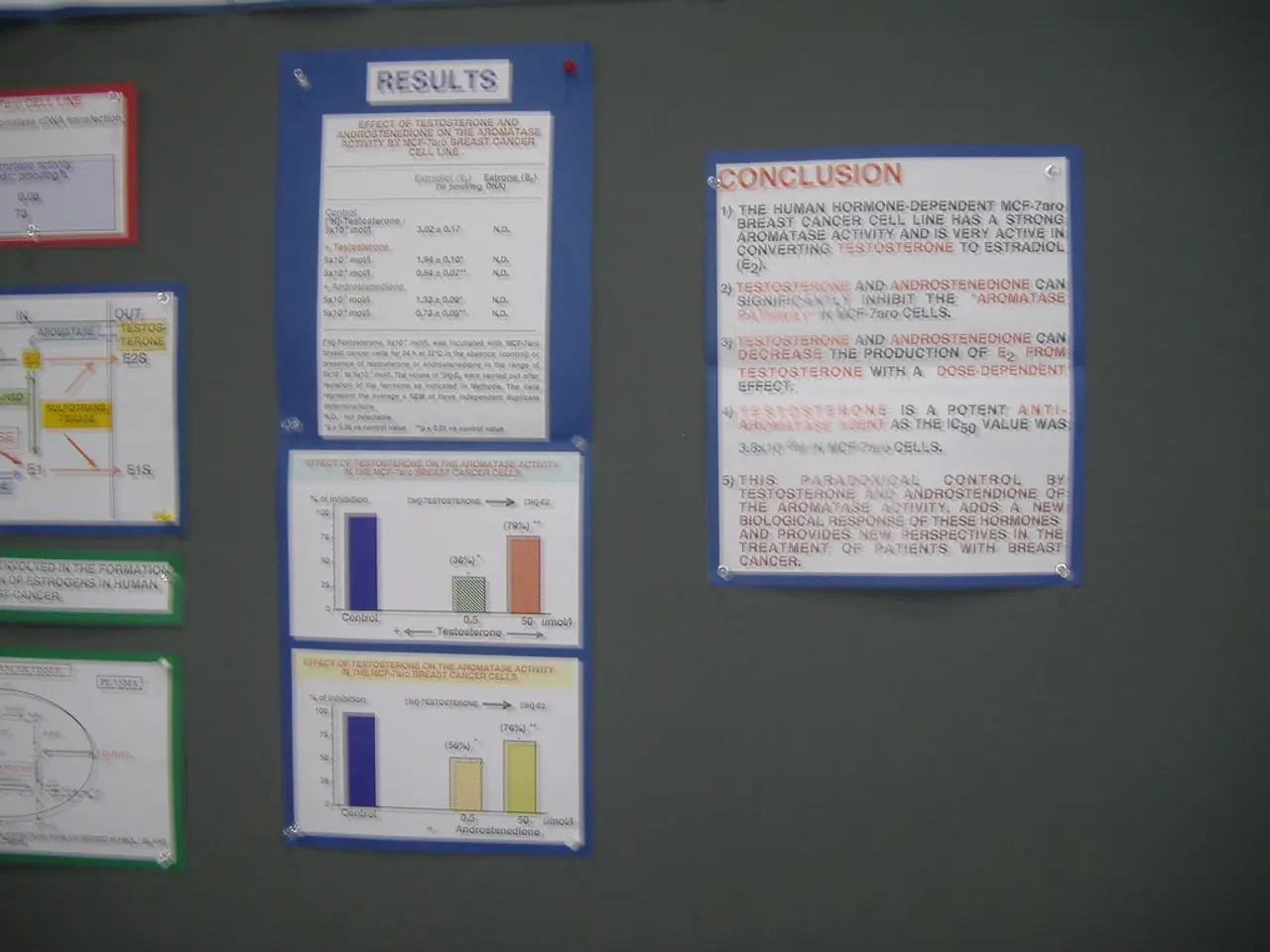Investment of EUR 225 million targeted for Austrian start-ups and small and medium-sized enterprises by private investors.
In the first half of 2025, investments in Austrian start-ups saw a significant drop, with only 110 million euros invested – a figure that represents almost two-thirds less compared to the same period in 2024. This decline has sparked interest in the government's planned roof fund, which is expected to mobilize private capital and promote investments in Austrian companies.
The roof fund, under the responsibility of State Secretary Elisabeth Zehetner in the Ministry of Economics, is scheduled to be established by the end of 2026. The fund aims to make investments in Austrian start-ups and Small and Medium-sized Enterprises (SMEs) more attractive to pension and provident funds, and international investors have high hopes for its potential impact.
One of the strategies the roof fund may employ is blended finance, a method that combines public and private funds to reduce risk for private investors, making it more appealing for them to invest in start-ups and SMEs. Additionally, tax incentives, infrastructure and returns, and market support mechanisms could be utilised to create attractive investment opportunities.
Business angels, who contribute not only capital but also knowledge and experience, are a significant force in the Austrian investment landscape. On average, they plan to invest 270,000 euros each in 2022. Institutional investors, including venture capital funds, investment companies, and family offices, plan to invest an average of 12.6 million euros in 2022.
Investors consider various factors when making decisions, with the management team being the most important criterion. Business models, growth potential, and market progress also play a role, while topics such as Artificial Intelligence, cybersecurity, and health technology are in focus for investments.
Interestingly, fintechs have lost relevance for investors in recent times. However, the mood among domestic investors seems to be improving slightly, with Austrian investors planning to invest 225 million euros in start-ups and SMEs in 2025, which is 10% more than in 2024.
Sixty percent of the investors surveyed see the roof fund as an effective instrument for bundling capital and spreading risk. The roof fund's potential to attract more private capital and support Austrian start-ups and SMEs is a promising development for the Austrian economy.
The roof fund, aplan expected to be established by the end of 2026, aims to make investments in Austrian start-ups and Small and Medium-sized Enterprises (SMEs) more appealing to pension and provident funds, and it may employ blended finance, a method that combines public and private funds to reduce risk for private investors.
Additionally, the government's roof fund, under the responsibility of State Secretary Elisabeth Zehetner in the Ministry of Economics, is scheduled to be established by the end of 2026, and it has high hopes for its potential impact on promoting technology investments in Austrian companies.




